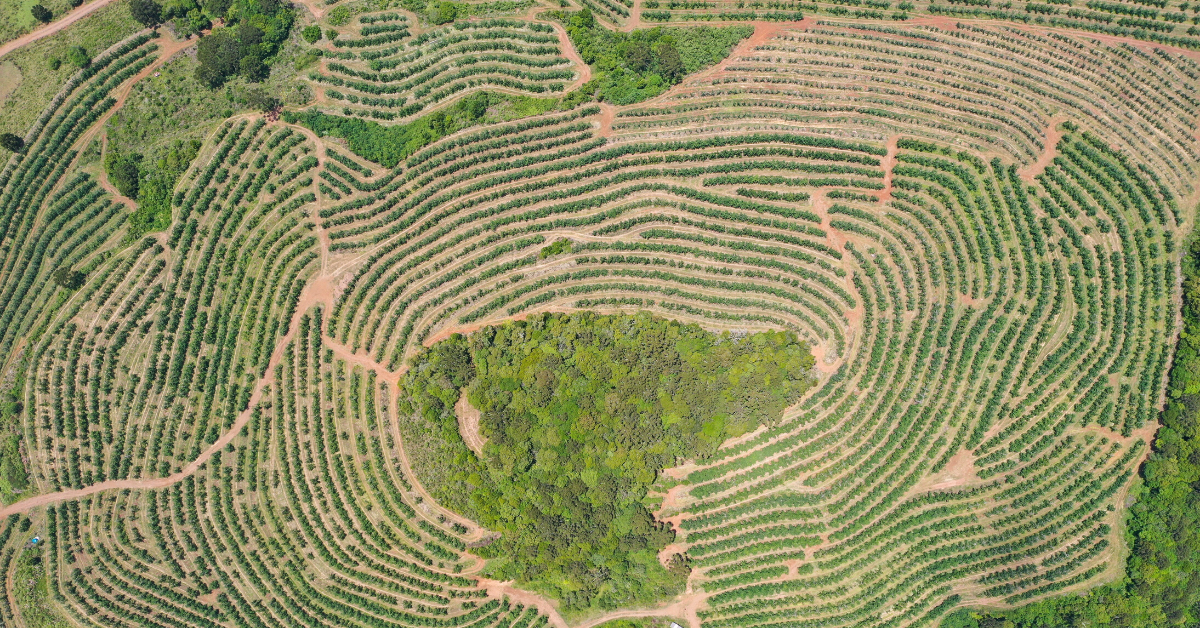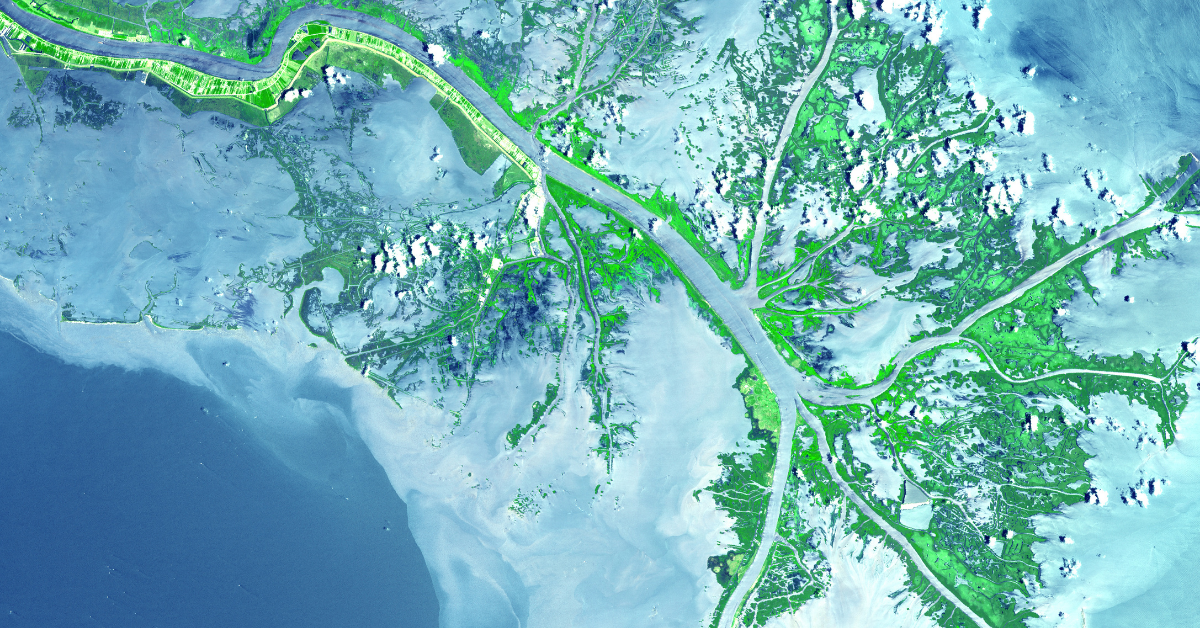
The Department of Political Science at Gothenburg University is looking for a researcher to join the programme on Governance and Local Development (GLD) for 12 months, start date September 1, 2022 or per agreement.
Job description
As a researcher with GLD, you will be expected to spend your time on GLD- or project-oriented tasks including Assisting in research design and implementation, including the survey, interviews and other fieldwork as necessary; Overseeing survey training and implementation, with fieldwork expected; Analyzing data; Collaborating with Professor Ellen Lust and other researchers in the program, as relevant, to disseminate findings through articles and presentations.
Qualifications
You should have a PhD in the social sciences and research experience closely connected to the above-described project research area. The ideal candidate has a solid understanding of the theories relating to poverty traps, local governance, the consequences of aid, and sub-Saharan Africa. You should have a track record of independently producing scientific articles of high quality and a record of accomplishments in one or more of the following project research areas: development, governance, service provision, non-state actors, survey methodology and related empirical methods. Experience implementing surveys and/or experiments in the developing world is preferred. Demonstrated knowledge of programs such as R and/or Stata and experience working with unusual data sources (e.g., textual analysis, big data sources, GIS) is meritorious.
Excellence in English orally and written is expected; competence in Chichewa or Chitumbuka is merit. To be successful in this position you must have an eye for detail, be highly organized, and be an active problem solver. You must be able to work well with a large, fluid, and diverse team. We expect you to have excellent communication and collaboration skills, while also having a knack for independent work. We will make an overall assessment and the applicant considered to be best qualified to carry out and develop the duties described above will be appointed to the position.
About the department and the University of Gothenburg
The Department of political science has an open climate that encourages involvement in broader societal debates. Research areas of specialization include elections, democracy, corruption, governance, globalisation, environmental politics, and European studies. The Department hosts research programmes such as the QoG Institute, Varieties of Democracy (V-Dem), Centre for Collective Action Research, (CeCAR), Governance and Local Development (GLD) and the Swedish National Election Studies Programme. We offer several degree programmes at undergraduate, Master’s, and doctoral levels, as well as freestanding courses. Education is provided in both Swedish and English. We have a total of 1 300 students and a staff of about 140. The Department is centrally located in the city of Gothenburg.
The University of Gothenburg tackles society’s challenges with diverse knowledge. 56 000 students and 6 600 employees make the university a large and inspiring place to work and study. Strong research and attractive study programmes attract scientists and students from around the world. With new knowledge and new perspectives, the University contributes to a better future.
About GLD: Governance and Local Development
The Program on Governance and Local Development (GLD) is directed by Professor Ellen Lust, and aims to explain variation in governance and local development in an effort to promote human welfare globally. Read more about the research program on our website at www.gld.gu.se.
GLD, in collaboration with other departments at GU, Linköping University, Chalmers University of Technology, and Harvard University, is undertaking a large project working to identify how competing development programs alter African communities’ opportunities to exit the poverty cycle through the use of satellite images analysed via AI, and mixed survey methods to develop theories of the varieties of poverty traps.
GLD’s role is to conceptualise community-level power structures that impact these poverty traps, and to consider to what extent and how World Bank and Chinese aid programs help to break poverty traps. We will do so by focusing on the nature of poverty traps at individual and community-levels and the impact of existing aid programs in the country. GLD will employ surveys (based on the LGPI, a GLD-developed survey tool); conduct case study interviews with village heads, development chairs, local elders, and the international donor community; and review existing documents, all with the aim to generate a deeper understanding of why donors operate in specific communities and whether this aid defuses poverty traps.
Contact information
If you have any questions about the position, please contact Rose Shaber-Twedt or Professor Ellen Lust.









Recent Comments